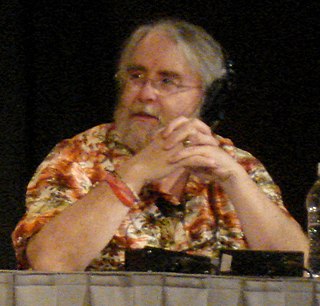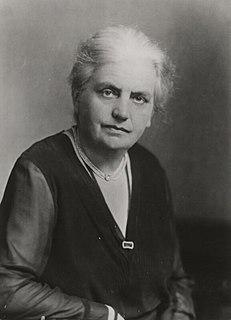Цитата Яна Харриса
Вдумчивое и хорошо информированное рассмотрение отношения правительства США к американскому обществу.
Связанные цитаты
В нынешнем кризисе правительство не является решением нашей проблемы; проблема в правительстве. Время от времени у нас возникало искушение поверить в то, что общество стало слишком сложным, чтобы им можно было управлять посредством самоуправления, что правление элитарной группы лучше, чем правление для народа, им и для народа. Ну, а если никто из нас не способен управлять собой, то кто из нас способен управлять кем-то другим? Все мы вместе, в правительстве и вне его, должны нести это бремя.
Линкольн — знаковая фигура в американской истории. Кажется, он отражает так много элементов американской культуры, которые мы считаем важными, будь то человек, который сделал себя сам, герой фронтира, политик, который пытается действовать как в моральном, так и в политическом плане, Честный Эйб. Его карьера поднимает вопросы, которые до сих пор стоят перед нами: власть федерального правительства по отношению к штатам, вопрос расы в американской жизни, можем ли мы быть обществом равных? В карьере Линкольна так много центральных вопросов, которые все еще являются частью нашего общества сто пятьдесят лет спустя.
Теория среднего класса: он определяется не своим финансовым положением, а скорее своим отношением к правительству. То есть можно было бы перейти от действительно правящего или правящего класса к классу, безнадежно не имеющему отношения к правительству, думая о правительстве как о находящемся вне его контроля, о себе как о полностью контролируемом правительством. Где-то посередине и в градациях находится группа, которая чувствует, что для нее существует правительство, и соответствующим образом формирует свое сознание.


































